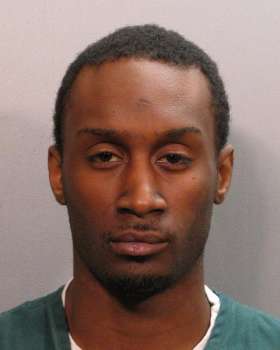Like every state in the Union, Florida has a host of laws that affect you as a parent. Some of this laws or Administrative Rules may enhance your parental rights, while others, if not followed could land you in jail or create civil or criminal liabilities if not obeyed. While every Parent in the United States has a Fundamental Right to be a parent, with these rights come important responsibilities.
So how do you know what is the law? We hope this series of articles will guide you to a few important concepts regarding Florida Law.
1. How long can I keep my kids home with me before I have to send them to school?
Florida law, states that all children who are either six years of age, who will be six years old by February 1 of any school year, or who are older than six years of age but who have not attained the age of 16 years, must attend school regularly during the entire school term.
2. Does Florida law specify an age requirement for admission into a public school first grade?
Florida law does not provide a specific age requirement for enrollment to public first grade, the provisions of Florida law related to kindergarten admission and student progression dictate that first grade enrollment be limited to (1) students who turn six years old on or before September 1 who have successfully completed kindergarten; and (2) out-of-state students who turn six years old after September 1 who meet the age requirement for public kindergarten admission from the transferring state, and who have successfully completed kindergarten.
3. Can we home school our Children?
Yes. When you decide to home school a child in Florida, you must notify the school district superintendent of your intentions in writing. The letter must include names, addresses, and birth dates of the children who will be enrolled in home education and must be filed within 30 days of beginning the homeschooling process. The same process must be completed if you decide to stop homeschooling your children, and the letter again must be filed within 30 days of the termination of the home education program. You will also be required to have an annual educational evaluation of your child or children, which is to be performed by a licensed teacher within the State of Florida. If you are teaching elementary grades, an elementary teacher will be needed for the evaluation; and if you are teaching secondary grades, you will need to have the evaluation performed by a secondary teacher.
Continue reading
 Jacksonville Divorce Attorney Blog
Jacksonville Divorce Attorney Blog



